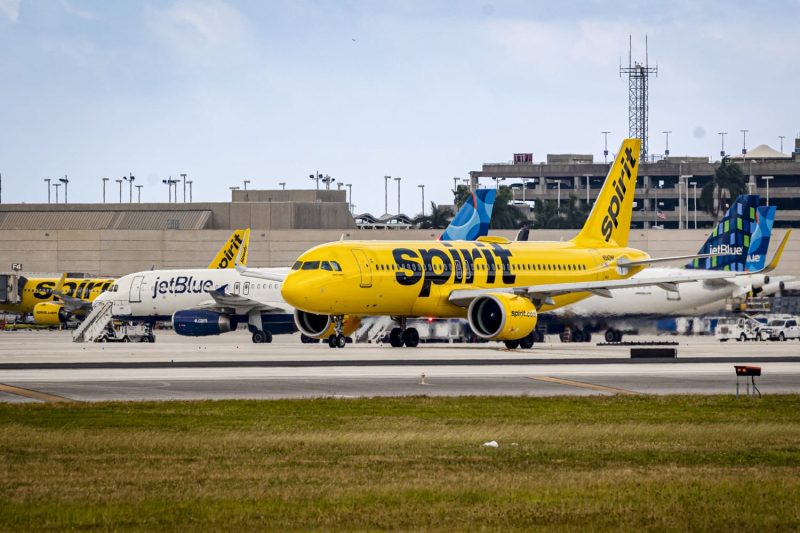As budget airlines continue to reshape the aviation industry, their strategic decisions have a significant impact on various aspects of air travel. In order to maintain competitive pricing and profit margins, low-cost carriers are constantly evaluating their operations and identifying areas where cost-cutting measures can be implemented. One key area where low-cost airlines are focusing their attention is on acquiring new, fuel-efficient aircraft.
Modern aircraft are designed to be more fuel-efficient, leading to lower operational costs for airlines. The use of advanced technology in newer planes allows airlines to save significantly on fuel consumption, which is a major expense for any carrier. Low-cost airlines are recognizing the importance of investing in new aircraft to benefit from these fuel savings in the long run.
Furthermore, acquiring new planes also offers cost savings in maintenance and repair. New aircraft are less likely to face mechanical issues compared to older planes, reducing the frequency and cost of maintenance checks. This results in improved reliability and operational efficiency for the airline, which can lead to overall cost reductions.
In addition to the financial benefits, new planes also bring other advantages for low-cost carriers. Passengers are often attracted to airlines with newer aircraft, perceiving them to be safer and more comfortable. This can help airlines attract more customers and build a positive brand image in the competitive aviation market.
While investing in new aircraft is a strategic decision for low-cost airlines, it is essential for carriers to carefully assess the financial implications and long-term benefits. Balancing the cost of acquiring new planes with the potential savings and operational advantages is crucial for the success of budget carriers in an ever-evolving industry landscape.
In conclusion, low-cost airlines are focusing on acquiring new, fuel-efficient aircraft as part of their cost-cutting strategies. By investing in modern planes, carriers can benefit from reduced fuel consumption, lower maintenance costs, and a competitive edge in the market. As budget airlines continue to prioritize operational efficiency and passenger satisfaction, the decision to invest in new aircraft plays a key role in shaping their success and sustainability in the aviation industry.

